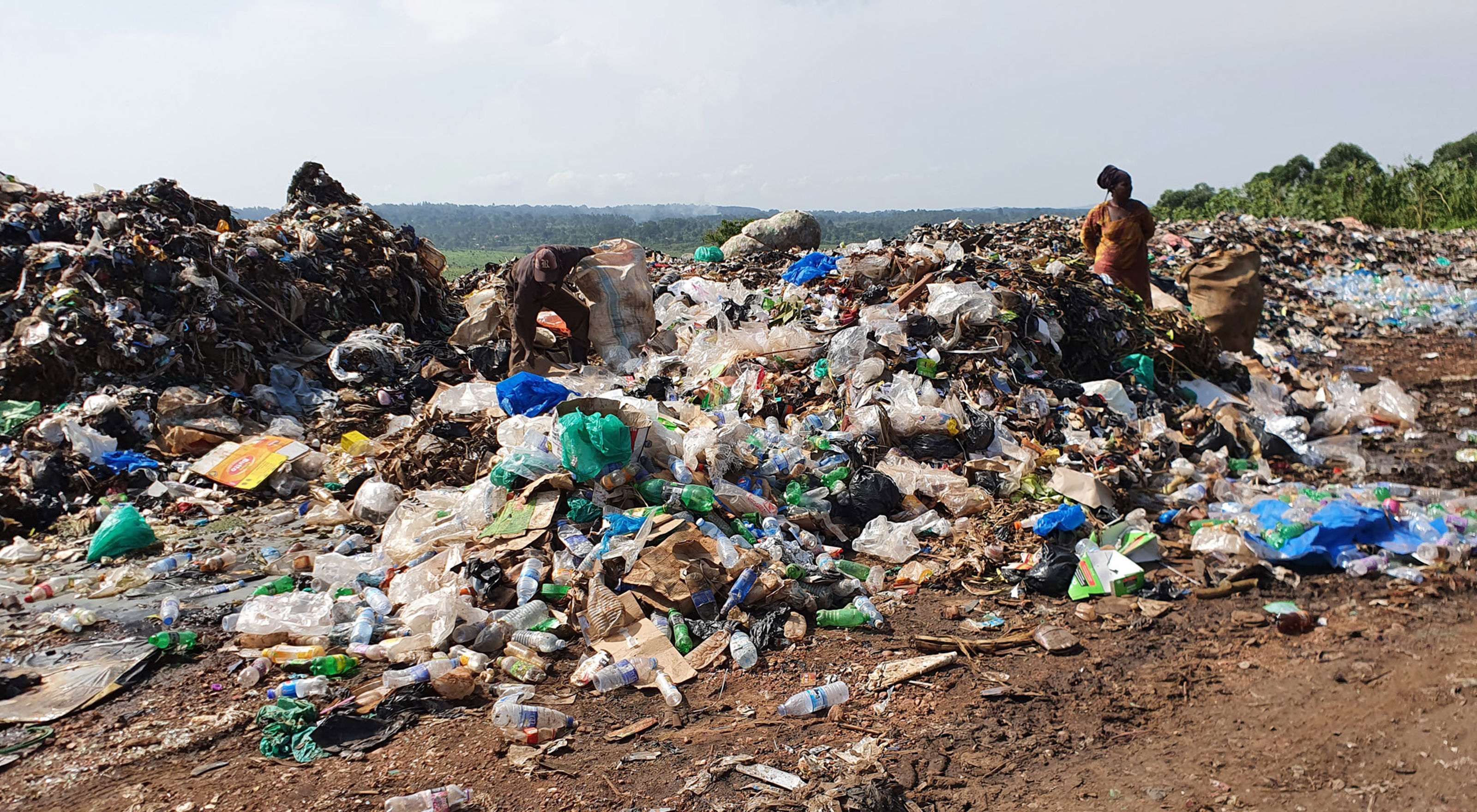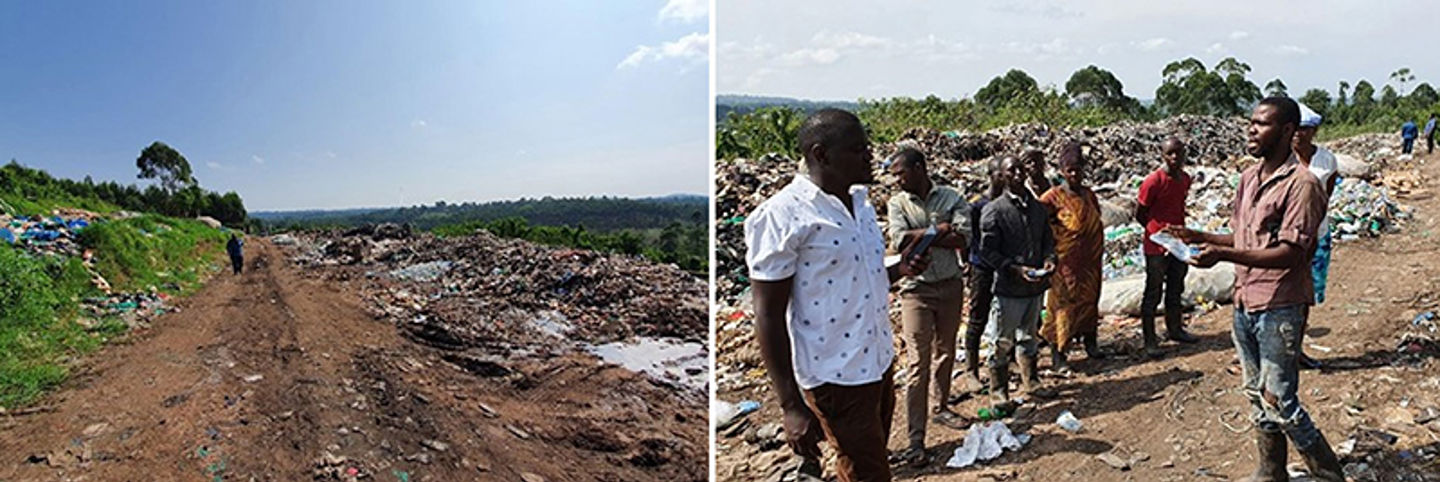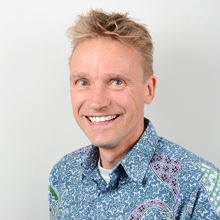- NGI /
- Projects /
- Plastic recycling systems /
- SUWASO – Sustainable and complete waste management solutions for rural and semi-urban environments in Uganda
SUWASO – Sustainable and complete waste management solutions for rural and semi-urban environments in Uganda
The SUWASO project goal was to expand the horizons of plastic waste management in rural and semi-urban contexts in developing countries, setting up a complete waste management system based on local conditions and markets.

The Sustainable and Complete Waste Management Solutions for Rural and Semi Urban Conditions (SUWASO) project, implemented from June 2021 to December 2024, was a collaborative effort involving the Norwegian Retailers’ Environment Fund (NREF), Norwegian Geotechnical Institute (NGI), Stromme Foundation (SF), Engineers Without Borders Norway (IUG), and the local implementing organisations Rural Enterprise Development Services (REDS), Association Protestante de la Santé au Mali (APSM) and Association Malienne pour la survie au Sahel (AMSS). Building on the previous initiatives 'Green Jobs' in Mali and 'Trash into Cash' in Ethiopia, the main goal of SUWASO was to enhance plastic waste management in rural and semi-urban areas of the Global South by establishing sustainable businesses and inspiring innovative plastic recycling methods globally. Strømmestiftelsen is leading the project in Mali, and NGI is leading the project in Uganda.

Inspecting the plastic collected by one of the waste aggregators in Mityana town (left), The project group visits local workshops to inspect the available tools and machines (middle), NGI representatives visiting REDS' offices in Kampala (right).
In Mityana, Uganda, the project tackled plastic waste management challenges in a municipality of about 100,000 people. Key steps involved conducting a Baseline Waste Audit in 2021, engaging local stakeholders, and focusing on PET plastic, which was identified as a plastic fraction not currently being collected for recycling in Mityana, but with a big potential to be recycled in Kampala. Several plastic processing machines have been built and sourced through the project, such as two locally produced shredders with self-developed reduction gears, one baler and a bottle preparation tool to ensure a robust business with the opportunity to process plastic into the required and wanted qualities.

Municipal landfill in Mityana, Uganda (left) and Waste pickers and project partners at the municipal landfill in Mityana, Uganda (right).
In Mali, the SUWASO project, implemented in San and Mountougoula, addressed waste management challenges and high youth unemployment rates. The project focuses on collecting and recycling soft plastic waste to produce school benches and other plastic furniture, reducing plastic contamination, emissions from open burning, and contributing to climate change mitigation by replacing wood with recycled plastic. The project has increased income for vulnerable women in savings groups, who are paid for the plastic they collect. Youth groups produce and sell the benches, enhancing financial resilience.
The lessons learned from the projects in Mali and Uganda highlight the importance of careful planning, adaptability, and local engagement. Building technical capacity among local stakeholders ensures sustainability beyond the project period, while involving local authorities and partners from the outset provides valuable support and cooperation, increasing the likelihood of success. In the plastic waste industry, it is crucial to consider the volatile market for both plastic waste and plastic products. A robust business model and diversified product offerings are essential for long-term sustainability. Given the limited budget for our project, securing fair prices for infrastructure and machinery investments was vital. We found that this was most effectively achieved when our local partner independently approached local businesses without disclosing the donor-funded nature of the project.
